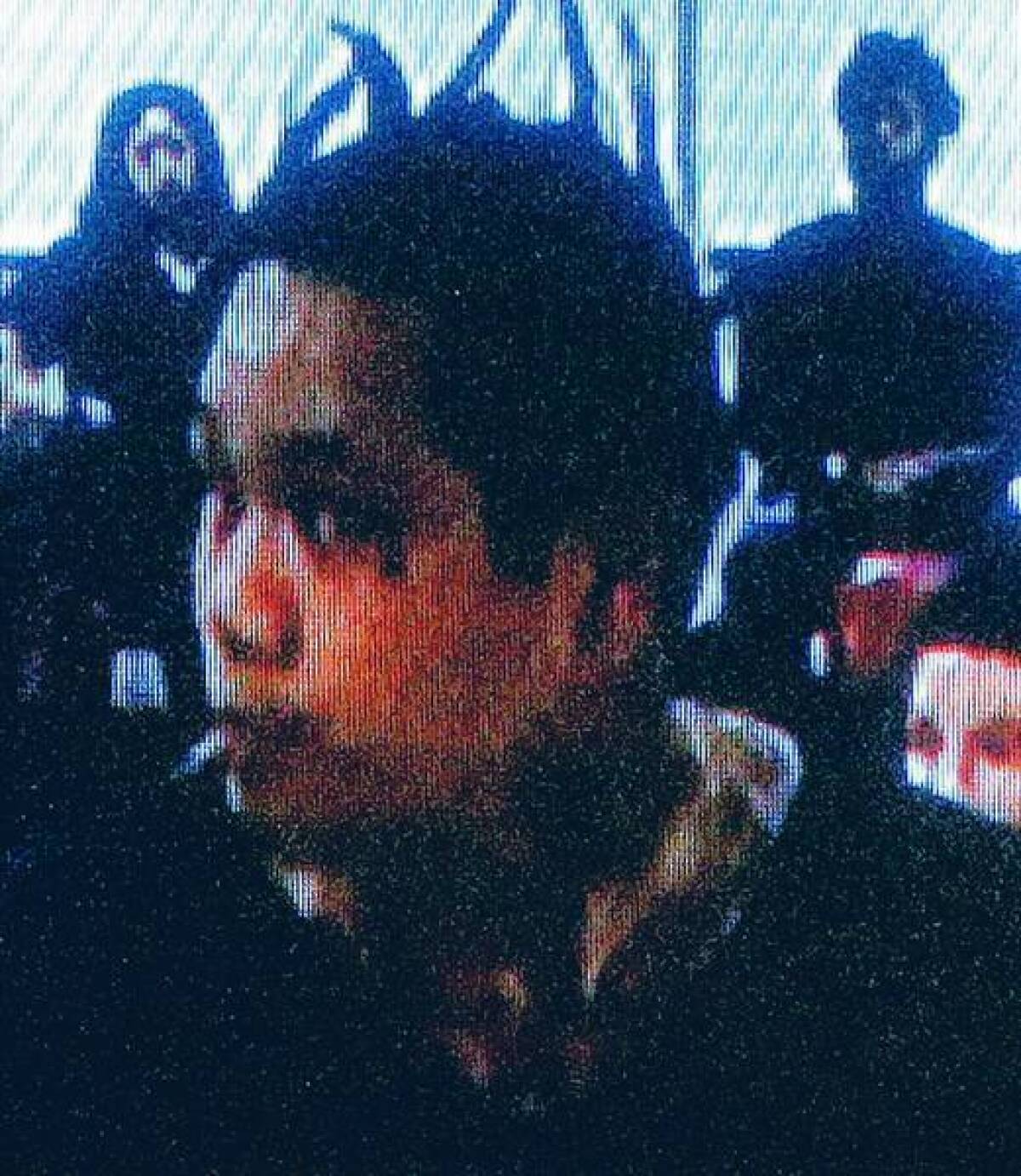Suspect in Northridge killings had violated probation

The man accused of killing four people at a Northridge home over the weekend violated his probation two months before the mass killing but managed to avoid being sent back to prison, interviews and records show.
Los Angeles County probation officials recommended at a September sentencing hearing that the man serve prison time after he was arrested on a drug possession charge.
Instead, Van Nuys Superior Court Judge Jessica Silvers ordered Ka Pasasouk to attend a drug treatment program and be released to the oversight of the Probation Department, according to court records and law enforcement officials.
But the Probation Department argued that Pasasouk’s extensive criminal record — including convictions for assault and robbery — warranted prison time.
“The defendant is an ineligible and unsuitable candidate for continued community supervision,” the probation report stated. “It is recommended that probation be denied and the defendant be sentenced to state prison.”
In an interview Thursday, Reaver Bingham, Los Angeles County deputy chief of adult field services, said his department’s recommendation was also based on the fact that Pasasouk did not report to his probation officer in one instance before the September hearing. He missed a second appointment in November, Bingham said.
At the time of the slayings, probation officials were preparing a warrant for his arrest.
Court spokesman Mary Hearn said Thursday that all judges are forbidden by law to comment on pending cases and that Silvers would not discuss the case.
Pasasouk is accused of fatally shooting four people early Sunday outside a home in the 17400 block of Devonshire Street in Northridge. Three of the victims were wearing hooded sweat shirts and were about two feet apart with at least one bullet wound each to the head.
The fourth victim was farther away and appeared as if he was trying to run to the backyard when he was shot. He had at least one gunshot wound, according to the source.
Los Angeles County coroner’s officials identified the dead as Amanda Ghossein, 24, of Monterey Park; Jennifer Kim, 26, of Montebello; Robert Calabia, 34, of Los Angeles; and Teofilo Navales, 49, of Castaic.
Coroner’s spokesman Ed Winter said Los Angeles police had placed a security hold on any additional information about the deaths, and police have not commented on a motive.
But law enforcement sources told The Times that the killings appeared to stem from a dispute over personal property, including a computer. The sources, who spoke on the condition of anonymity because the case was ongoing, said detectives were surprised that the dispute would have led to multiple deaths.
The suspects — Pasasouk, 31, of Los Angeles; Howard Alcantara, 30, of Glendale; Donna Rabulan, 30, of Los Angeles; and Christina Neal, 33, of Los Angeles — appeared before Judge Joe M. Bonaventure in Las Vegas on Thursday and waived their extradition rights.
It was not clear when the suspects would be moved. Los Angeles prosecutors have yet to file charges in the case.
Court records show that Pasasouk has an extensive criminal record. Last year, he pleaded no contest to unlawful taking of a vehicle and was sentenced to state prison (he was on probation for that offense at the time of the killings). In 2006, he pleaded guilty to second-degree robbery and assault likely to produce great bodily injury and sentenced to state prison. In 2004, he pleaded guilty and no contest in separate cases again involving unlawful taking of a vehicle.
At the September court hearing, Pasasouk pleaded no contest to the drug possession charge. At a follow-up hearing in November, Pasasouk admitted that he had failed to complete required drug treatment program. Another progress report was scheduled for January. Details of the hearings were first reported by the Los Angeles Daily News.
In late November, Pasasouk failed to appear for a meeting with his probation officer. Bingham said at that point, his department began looking for him and processing an arrest warrant.
He added that the department was now “looking at every aspect of this case relative to our supervision with a view toward determining if there is anything that needs to be done differently.”
More to Read
Sign up for Essential California
The most important California stories and recommendations in your inbox every morning.
You may occasionally receive promotional content from the Los Angeles Times.










